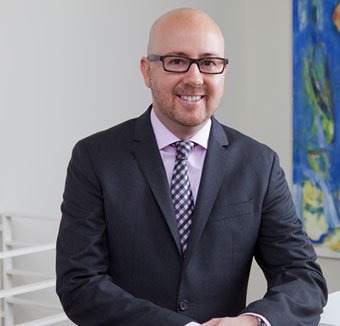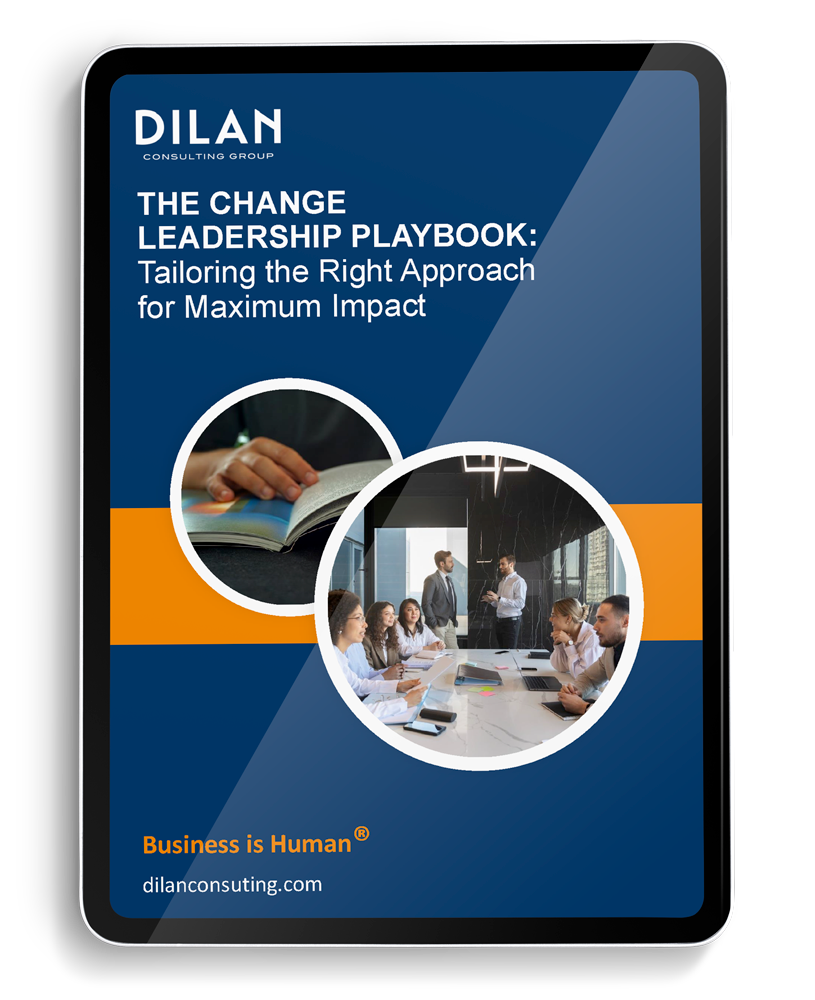Corporate personhood is the concept that a corporation can exercise certain constitutional rights that a person has. This concept was established in 1886 as a result of the Santa Clara County v. Southern Pacific Rail Road case.
While corporations can’t exercise all rights that a person can, they are able to sue in a court of law, enter into a contract with other parties and, as of 2010, financially support political campaigns.
Essentially, corporations can operate as humans in certain aspects. This topic, specifically to what extent corporations should be able to exercise their personhood, is widely debated. This article isn’t intended to favor either side of the argument, but simply to introduce a different perspective.
It’s not hard to see how many corporations have used the idea of corporate personhood to their own advantage—using it to protect themselves from legal trouble or to support certain policies that benefit their bottom line—but few corporations have leveraged it otherwise. Now think: What if we expanded our idea of what corporate personhood can mean? What if companies started to use their personhood to make business more human, focusing not on the rights it possesses but the impact it can make?
In 2019, 181 CEOs made this concept a reality for their organizations by signing a new Business Roundtable statement that redefined the purpose of a corporation—“to promote an economy that serves all Americans.” Their goal officially shifted from simply promoting a thriving organization to “creating long-term value” and “better serving everyone—investors, employees, communities, suppliers and customers” as Bill McNabb, former CEO of Vanguard put it.
This kind of paradigm shift has started to gain traction, but as corporations have possessed personhood for over 100 years now, it’s time that every company takes a look at how they view their purpose and measure their success.
- Use corporate personhood to serve and impact others.
We’ve all heard the term servant-leadership, coined by Robert Greenleaf, and most of us have pushed for it in the workplace. Putting the needs of others and the community first is the distinguishing factor between this type of altruistic leadership and more traditional, leader-first types.
If we can expand our understanding of servant leadership to involve an entire corporation, not just its leaders, then through whole company servanthood, we can start to make business more human. By expanding our company’s purpose through serving, we will be able to have a greater impact on our communities and their futures. Here are four ways to make an impact.
- Serve the environment.
Corporate social responsibility doesn’t always need to be strategic for your business. In fact, CSR initiatives should be chosen simply based on which would make the most impact, and any benefit to the company should be just a bonus. Caring for the environment is every person’s responsibility, and a corporation can use their sense of personhood to be better stewards of the resources they have.
Whether it’s a commuter benefits program to decrease cars on the road, replacing disposable cups with mugs or donating to causes that champion a better environment, choosing to take part in the larger environmental picture can align your teams and create a greater sense of purpose in the work they do while serving the environment around them.
- Serve your community.
The next layer is to serve the community your business operates in. It’s innate as individuals to desire positive change in our communities. So, why can’t we further involve our organizations in the same goals beyond an annual community service day? Whether it’s monthly food drives, regular volunteer work, partnering with local nonprofits or internship programs for students in underserved communities, there are many ways your organization can support its local community.
Community is “the social glue that binds us together for the greater good,” and as companies work together to build up communities around them, they gain a deeper sense of their own community. The main point is, serving those outside of the organization has to be ingrained in the way a company operates if they want to expand their purpose and permanently make their business more human.
- Serve your employees.
Serving those outside your organization should be a priority, but serving a broader, more human-centric purpose through your organization must start internally. Servant leaders will be the ones paving the way for whole company servanthood to take place. They are the ones that set the expectations that the needs and well-being of others come before their own. The key role of a servant leader is “serving employees as they explore and grow, providing tangible and emotional support as they do so.”
This includes supporting your employees’ career goals, giving them opportunities to shine above yourself and intentionally supporting them in what they need to be successful as people, not just as employees. This communicates their value and increases the sense of unity and purpose within the organization. A culture of servanthood must be present internally if companies intend to turn this servanthood outward toward their communities and beyond.
- Track the change.
This paradigm shift has to take shape in real form rather than just words on our company’s values or mission statement. One very tangible way to do this is to start reporting on more than just financials. Organizations can begin to implement and track their progress by annually reporting on how they performed on environmental, social and governance issues. The only way that corporations will successfully implement change over the long run is to monitor it and set goals to be achieved.
Serving the greater good through your organization makes business more human and creates a better work culture and a brighter future for your company overall. Care for others can extend to the way you do business and ultimately have a long-lasting impact on your employees, stakeholders, suppliers, communities and the rest of the world around you—and that’s something your whole company will be proud to stand behind.




